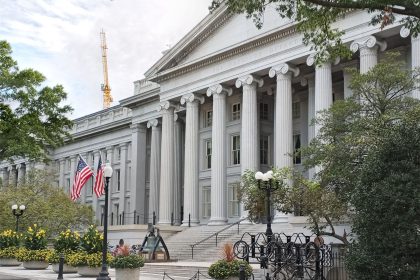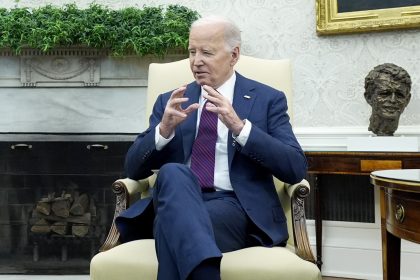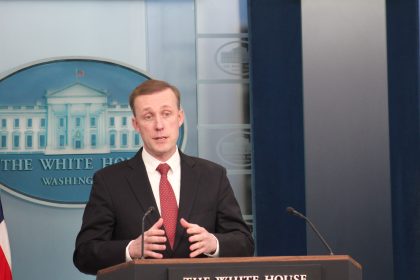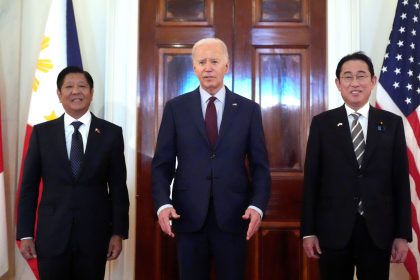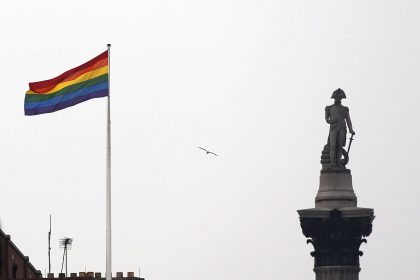Carnegie Endowment Explores Window for Infrastructure Investments In Africa
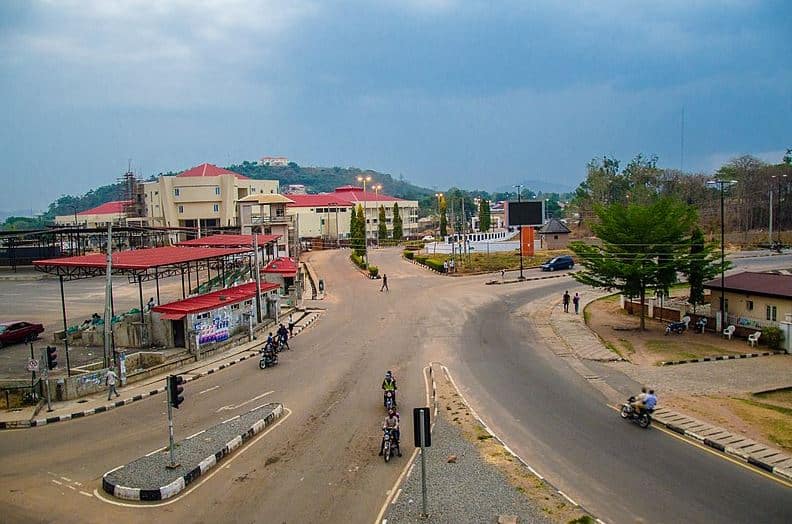
WASHINGTON – The recovery period for COVID-19 has raised a limited window for western countries to try to go after areas that need investment in Africa, according to a scholar at a D.C.-based think tank event this week.
The virus dramatically illustrated Americans are not protected from all global threats by the ocean that separates us from other countries. This has created an opportunity to shift funding, in Africa and elsewhere, towards propelling forward the hopes and aspirations of developing nations, argued Conor Savoy, a senior fellow with the Project on Prosperity and Development at the Center for Strategic and International Studies.
The U.S. and other countries don’t have the resources to offer low-cost loans directly to African governments, which is why the western initiative has tapped private finance, Savoy said.
“There is a tremendous amount of capital for infrastructure investments [out there], but what is frequently needed is some kind of [way to limit the risk of these investments],” he said.
To do that, the G7, a political forum comprised of the U.S. and some of the other largest economies in the world, has launched a relatively new initiative.
Build Back Better World, or B3W, an initiative announced at the end of the G7 meeting in June, is a coordinated program with a focus on four main areas: climate, health, digital technology, and gender equality.
A White House released fact sheet characterized the initiative as a “values-driven, high-standard, and transparent” partnership, seemingly referencing criticisms about a lack of transparency and democratic values with China’s long-standing initiative, the Belt Road Initiative, or BRI.
The B3W hopes to coordinate investments into low-and-middle-income countries around the globe, in an effort to make a dent in the projected $40 trillion in infrastructure investments that world leaders say developing countries need to fuel growth and recovery after COVID-19.
At this week’s event, Savoy said that the G7 program is notable for being a way to rally private capital to work with development banks. The White House, for example, emphasized the role of “catalytic investments” from development finance and talks about “mobilizing” private finance.
In contrast, China’s initiative is better characterized as state-to-state investment, Savoy said.
The Council on Foreign Relations has said that analysts view China’s Belt Road Initiative as part of President Xi Jinping’s vision for a more assertive China on the world stage, and western scholars have worried aloud that the initiative sets up a debt trap that some countries may not be able to pull themselves out of.
The Carnegie event presented an alternative view. Rather than necessarily being opposed, there may be some room for coexistence.
“While western media coverage of the B3W frames the initiative in extremely competitive terms, that China and the U.S. are engaged in geopolitical rivalry or strategic competition or that the B3W is the anti-BRI, the reality is likely to be more complex,” Zainab Usman, director of the Africa Program at Carnegie, said during an in-depth discussion of the two initiatives this week.
China’s initiative has a head start, and both programs are somewhat ambiguous, she said.
The central questions, she said, are whether these two initiatives can meet Africa’s financing needs, what role African leaders will play in negotiating development, and if the two initiatives can coexist in Africa.
Yuen Yuen Ang, an associate professor at the University of Michigan, said that there are opportunities for the programs to complement each other, to coexist rather than duke it out.
“In an ideal world, the two superpowers would cooperate, but realistically cooperation is very difficult at this point,” Ang said.
However, each has its own catalog of advantages and disadvantages, she argued. Western initiatives are slow and bureaucratic, but they tend to do their due diligence, are carefully documented, and emphasize the social impacts of their projects. China’s initiatives, on the other hand, are fast, large-scale, and more patient in waiting for returns, but they lack transparency and accountability.
Both policymakers and recipients of aid should be aware of this and factor it into their decisions, according to Ang.
Ang said the G7 should avoid the perception that they match China’s scale and speed.
“That’s not wise,” she said, as it plays to the weaknesses of the western approach.
“The strength of democracies is that we do things slowly and deliberately, but generally the quality, transparency, and accountability are higher,” she said.
Countries that are pursuing investments should adopt a “portfolio mindset,” according to Ang. They should weigh the pros and cons when deciding where to get financing.
The Carnegie Endowment for International Peace, a think tank based in Washington, D.C., sponsored the event, which can be viewed here.

















